The MIAS Blog: News and Views about Ibn Arabi
More Recent Posts
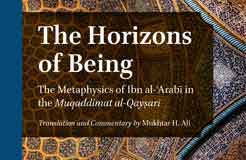
The Horizons of Being

One of the most neglected issues
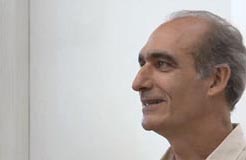
Reading Circles in MIAS Latina
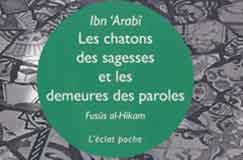
French translation of Fusûs al-Hikam
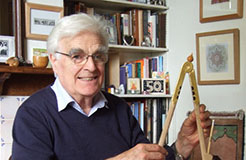
Keith Critchlow, 1933–2020
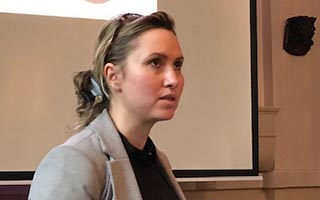
Online Introductory Course

Michel Chodkiewicz 1929–2020
Young Writer Award 2019
We are delighted to announce that Hina Khalid, a student at the University of Cambridge, UK, is the winner of the 2019 MIAS Young Writer Award.
The judges have also mentioned Muhammad Faruque, a student at Fordham University, USA, who is given a special commendation, and Esmé Partridge, who is given a commendation.
There were nine entries this time from young scholars from all over the world, and we thank all of them for participating in the project. We would also like to thank Stefan Sperl, Éric Geoffroy and Cecilia Twinch for undertaking to judge the entries.
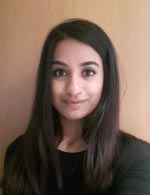
Winner
Hina Khalid: “A comparative exploration of the motif of negation as a process of spiritual attunement, with specific reference to the concept of Śūnyatā in Mahāyāna Buddhism and Fanāʾ in Sufism.”
Highly Commended
Muhammad Faruque: “Eternity Made Temporal: An Indian Sufi Theologian on Colonial Modernity and the Concept of the Perfect Human”
Commended
Esmé Partridge: “The Celestial ‘Polished Mirror’: The Theurgic Dimension of The Moon in The Writings of Muhyiddin Ibn ‘Arabi”
Submitted
Heba Youssry: “In search for Identity: Beyond Huwā and Heyā. Contemplating Akbarian Gender Reality in the #MeToo Era”
Muhammed Mehdi: “Miʿrāj al-kalima: The Ascent of ‘Annihilation’ in Chapter 220 of the Futūhāt”
Bharatwaj Iyer: “‘That which Separates Them is what Unites Them’: Looking for Ibn ʿArabi in Allam Tabatabai’s Bidayat Hikma”
Sezin Özdemir: “A Journey within the Treasures of Akbarī Tradition”
Fithri Dzakiyyah Hafizah: “Human and Nature within the Love Frame of Ibn ʿArabi: an alternative view in preventing climate change terrorism”
Maryam M. Rezayi: “The Concept of Time in Ibn al-ʿArabi and Parallel Reading Works with Heidegger”
